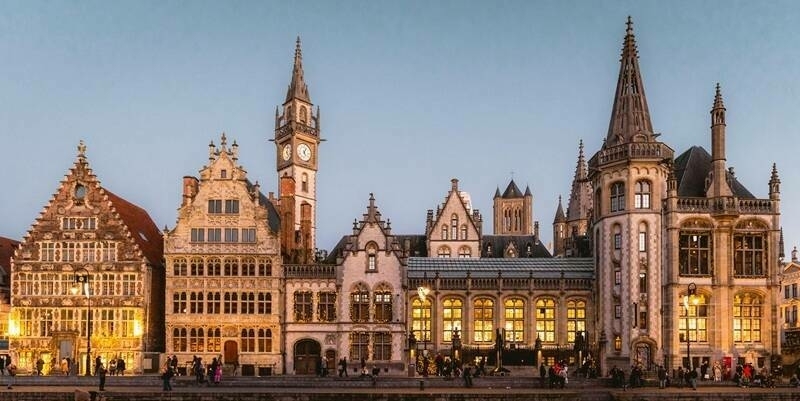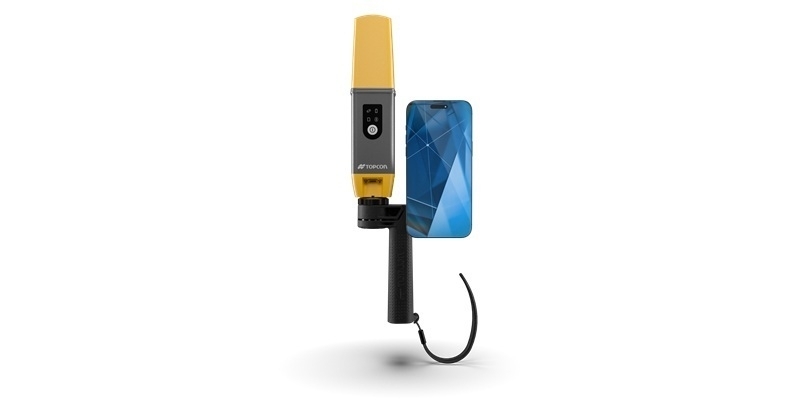Karlsruhe, 07.03.2018. What role do stops play as pivotal public transport points in smart mobility networks of the future? This issue was addressed by the R&D project "smartStation – the stop as a gateway to multimodal mobility" (RD No. 70.918/2016) commissioned by the Federal Ministry of Transport and Digital Infrastructure. Together with raumobil GmbH, PTV Group developed ideas and visions on how to turn today's analogue stops into digital hubs.
During the 18-month research phase, the project team’s first step was to identify the requirements that intelligent stops should meet. A stop earns the label ‘smart’ when it is able to offer personalized information and services tailored to the user’s needs," says Annette Kindl, Project Manager, PTV Research Team. And she adds: “It is therefore necessary to link mobility services and infrastructure elements.”
For this purpose, station-specific and meta data and information must be intelligently interconnected. For example, elements, such as info terminals, escalators, elevators or lockers, that used to be analogue need to be turned into systems that are able to communicate. “All relevant data will be integrated into the smartStation network in real time via a standardized protocol,” explains Annette Kindl. “Travellers can use an app to log into the so-called Infosphere, i.e. the immediate environment of a smartStation, in order to access the desired information and services. All modes of transport can thus be used intelligently and comfortably as well as energy-efficiently and cost-effectively.”
The project team developed and analysed specific use cases in order to assess the practical suitability and feasibility of the smartStation. Christian Reuter, Project Manager at PTV Transport Consult GmbH, who dealt with public transport planning and evaluation as part of the research initiative, says: “Commuters who missed their connection due to delays in public transport could use the app to search for travel options such as car-sharing vehicles or car-sharing opportunities as soon as they arrive at the smartStation.” The basic idea of a smartStation network is to integrate infrastructure and all kinds of services. This also includes information on elevator problems or safe places to stay for children in the event of disruptions in local transport. It is decisive to facilitate communication between the various actors at the stations and thus offer numerous new options in the future.”
In addition to the manifold opportunities that digitisation of stops has to offer, the project has also revealed the challenges linked to this process. There are many different standards, platforms and digital services that need to be technically interconnected. As a result, numerous stakeholders from different areas need to be involved in this process. Nevertheless, Annette Kindl is convinced that the intelligent stop will be implemented soon: “Given the ongoing digitisation in the field of urban mobility, the smartStation is only the next logical step. In the course of the research project, we have made initial assessments and started the discourse on digitisation of stops/stations. Now it is time to continue the dialogue with all relevant stakeholders, to turn the idea into a conceptual design and to encourage the launch of pilot projects.”
Subscribe to our newsletter
Stay updated on the latest technology, innovation product arrivals and exciting offers to your inbox.
Newsletter

